Why it Matters
Climate change is compounding the critical, preexisting health inequities that exist in urban areas. As urbanization is likely to outpace the development of climate-resilient infrastructure and systems, cities are unprepared to adapt to a warming world.
- 0BillionBillion
people live in cities. This trend is projected to increase, with the urban population potentially doubling by 2050
- ~0BillionBillion
people, living in over a thousand cities, will be regularly exposed to extreme heat events
- 0%%
of cities indicate “strong coordination” between city departments, according to the Urban Pulse survey
Featured Content
- Launched at New York Climate Week 2024, this policy report outlines a three-step roadmap to help cities around the world more effectively plan for, and respond to, the global health emergency caused by climate change. These insights are informed by seven pioneering case studies of climate-informed health action at local, national, and global levels.
- Conducted by Yale University and the Resilient Cities Network, with support from The Rockefeller Foundation, this survey provides critical insights. Of nearly 200 city leaders in 118 cities in 52 countries, 70% of city leaders recognize climate-related health threats, and over 90% report economic losses from such events. Despite this, few cities have emergency response plans that use reliable climate data, and only 20% have strong inter-departmental coordination.
Case Studies
Pioneering city-led initiatives have already made an impact on the lives and well-being of urban dwellers across the world.
- Local, multisectoral coordination
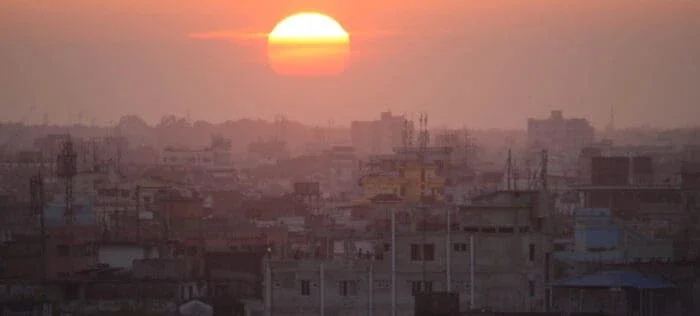
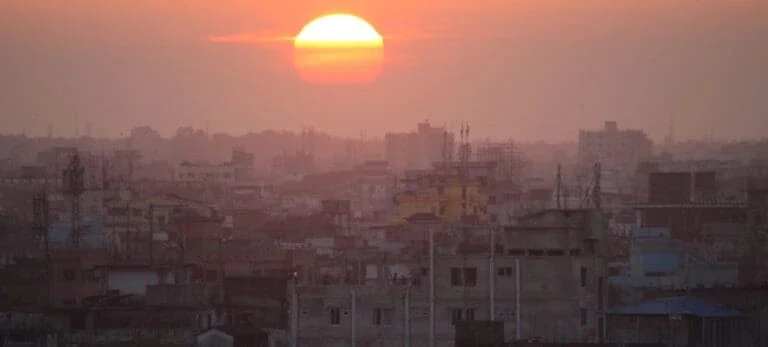
Heatwaves in Dhaka
- Local, multisectoral coordination


Dengue in Rio de Janeiro
- Climate and health sector collaboration


Dengue in Bangalore
- Risk Communications
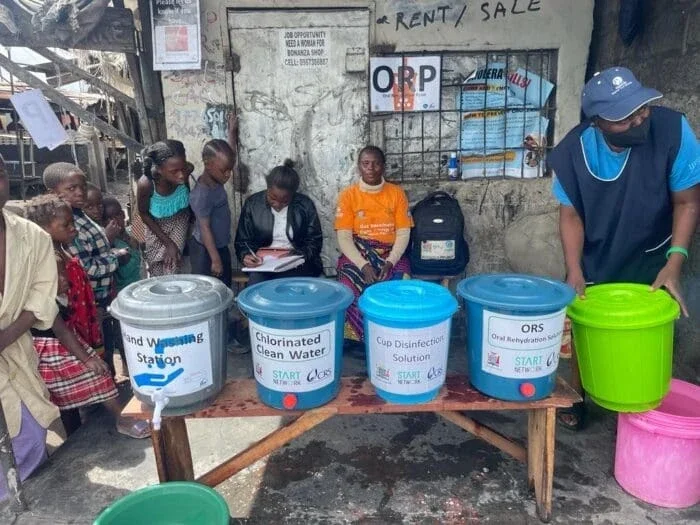
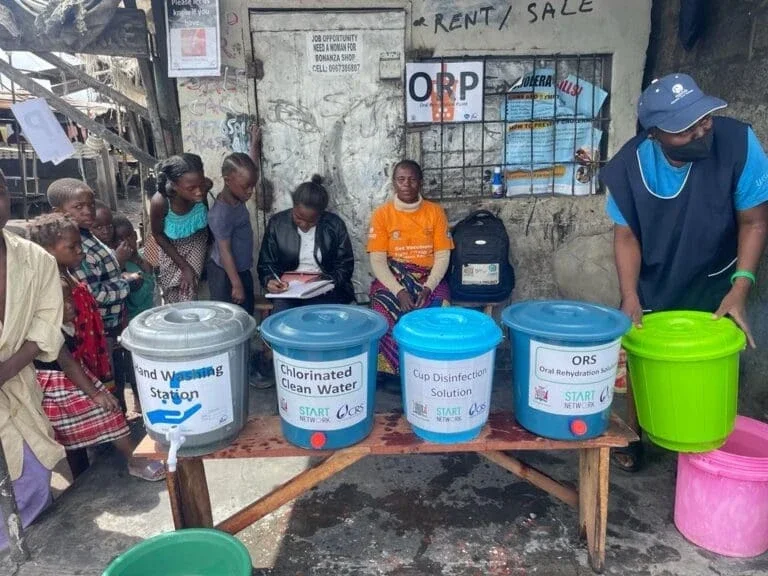
Cholera in Lusaka
- National Policy


National Adaptation Plans (NAPs) and Vulnerability and Adaptation Assessments (VAA) in Uganda
- Collaboration between health and meteorological agencies

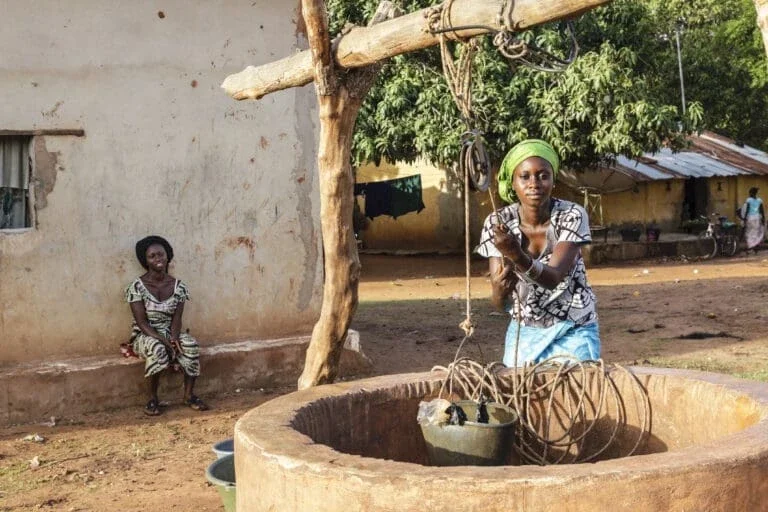
Heatwaves in Senegal
- Global goods


SORMAS
Our People
The Team
Recent News
- Sep 26 2024The Rockefeller Foundation Identifies Critical Gaps in City Responses to Climate-Induced Health Threats
- Sep 24 2024Social Media & News Data Analysis Shows Urgent Need To Better Communicate the Health Impact of Climate Change
- Aug 26 2024BlueConduit Launches LeadOut Map To Identify Potential Risk of Lead in Drinking Water















